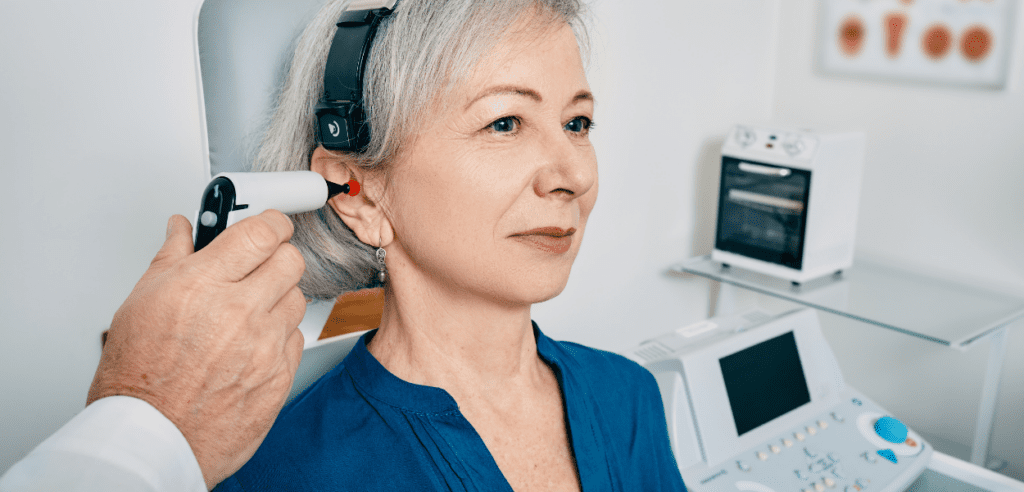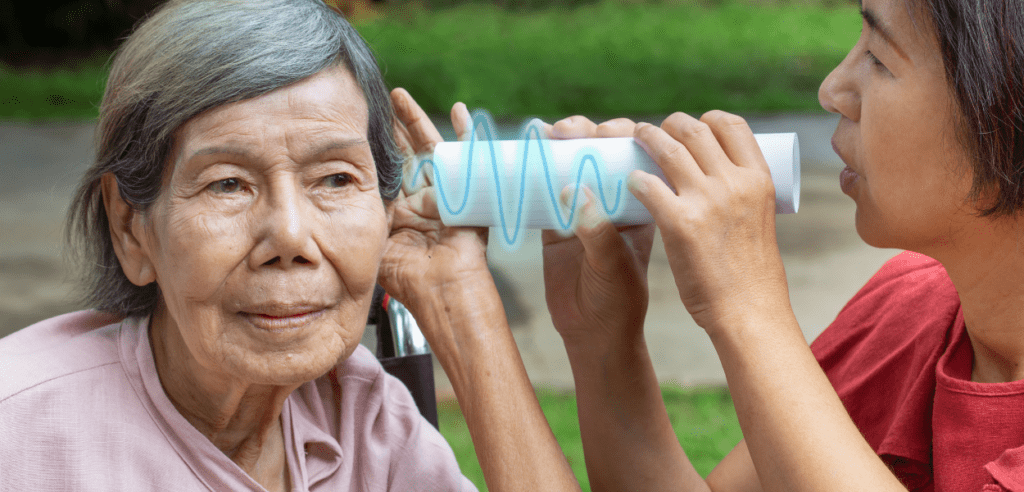
Addressing hearing problems in elderly adults is not just about improving their quality of life; it could be a gateway to sustaining their cognitive health. The ACHIEVE study, a landmark in the field, led by Principal Investigators Frank Lin and Josef Coresh, has just revealed significant findings that link hearing interventions with brain health.
Understanding the ACHIEVE Study
The Aging and Cognitive Evaluation in Elders, more commonly known as the ACHIEVE study, represents a major initiative to explore the intricate connections between hearing loss and cognitive decline in an aging population. Conducted across multiple medical centers, this randomized trial sets out to establish whether interventions targeted at hearing loss can actually mitigate the progression of cognitive impairments frequently observed in older adults.
At its core, the study aims to provide actionable insights into how treating hearing loss can be a preventative measure against cognitive decline. This aligns with a growing body of research that suggests our sensory experiences are deeply interconnected with our cognitive functions. By taking a proactive approach to hearing issues, the study seeks to validate or challenge the hypothesis that enhancing auditory input can result in a cascade of benefits affecting brain health.

Moreover, the ACHIEVE study doesn’t limit its focus to cognition alone; it ambitiously stretches its research scope to encompass other crucial aspects of geriatric health. It evaluates metrics tied to mental well-being, taking into account the potential impact that improved hearing might have on reducing symptoms of depression or anxiety, which often accompany cognitive decline. Physical function is also scrutinized, with assessments aimed at understanding how better auditory perception might positively influence mobility, balance, and general physical health.
Beyond these primary areas, the study incorporates an examination of healthcare utilization among its participants. By potentially demonstrating that hearing interventions can reduce hospitalizations or decrease the need for certain medications, the ACHIEVE study could influence medical practices and healthcare policy, paving the way for more comprehensive and holistic care models for the elderly.
Study Design and Participants
The ACHIEVE study involved two distinct populations. One group consisted of 238 adults who were part of an ongoing heart health study, and the other was composed of 739 healthy volunteers newly recruited from the community. All participants were either subjected to a hearing study intervention or a health education control, and their cognitive abilities were assessed over a span of 3 years.

Game-Changing Findings
Presented on Tuesday, July 18, 2023, at the Alzheimer’s Association International Conference in Amsterdam, the ACHIEVE study’s pivotal findings were simultaneously published in the Lancet. The results were truly groundbreaking.
In older adults already at increased risk for cognitive decline, hearing loss interventions were found to reduce the loss of thinking and memory abilities by 48% over 3 years. This result was particularly noticeable among participants from the heart health study, who were, on average, older and had more risk factors for cognitive decline.
When Hearing Intervention Didn’t Make a Difference
Interestingly, the hearing intervention did not show a statistically significant effect in the newly recruited healthy volunteer group. Researchers believe this might be due to the slower rate of cognitive decline in this group, making it more challenging to measure the benefits of hearing intervention in a shorter time frame, like 3 years.
The Why and the What’s Next
Why Some Groups Benefited More
The effect of hearing loss interventions differed considerably between the two groups. It was more beneficial for those from the heart health study, perhaps because their rate of cognitive decline was three times faster than the healthy volunteer group.
Future of ACHIEVE
Going forward, investigators are committed to following all participants beyond the 3-year mark to explore the long-term effects of hearing intervention on cognition and other outcomes, including mental well-being, physical function, and health care use.
The Conclusion
The ACHIEVE study offers a transformative perspective on hearing problems in elderly adults, establishing a crucial link with cognitive health. While more research is needed, these initial findings make a strong case for the role of hearing loss interventions in sustaining not just our ability to hear, but also our cognitive faculties. It’s not just a hearing study; it’s a leap towards a better quality of life for our elderly population.
